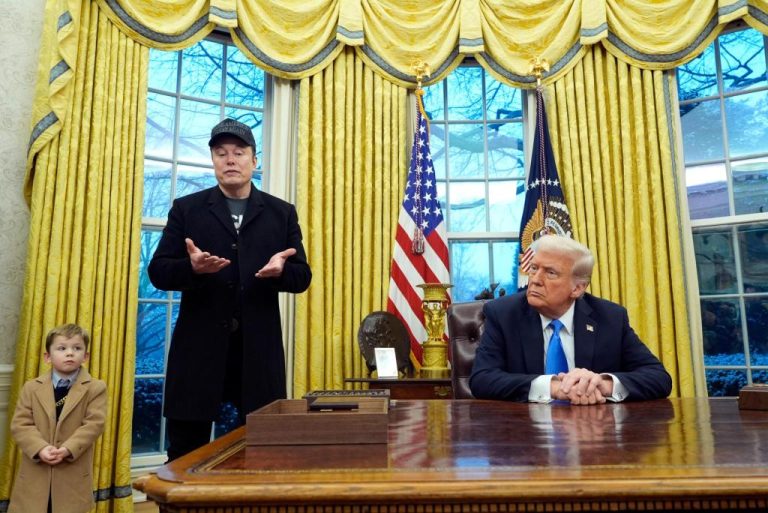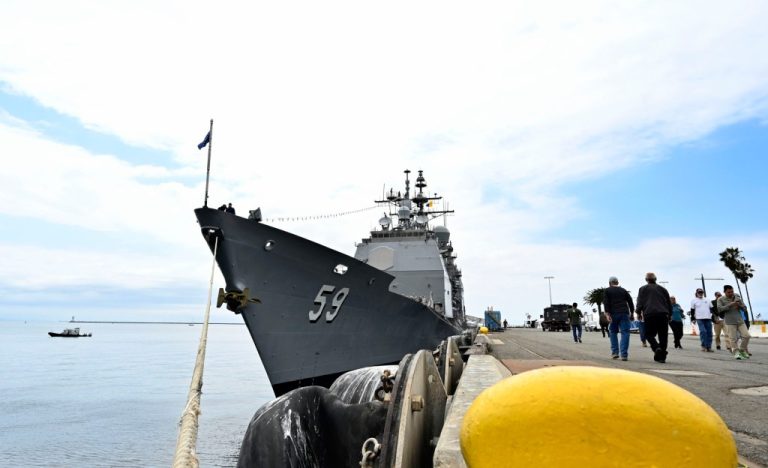Tri-City Medical Center directors chose to cast their lot with UC San Diego Health Thursday, saying they were impressed with the specificity of the university’s plans to fold the Oceanside hospital into its broader network of care.
Bleeding cash as inflation and staffing shortages have increased the costs of supplies and labor, and recently suspending its labor and delivery department due to low volume, Tri-City started looking for an integrated health care system to help provide better name recognition, more clout at the negotiating table and access to more patient referrals — things that are difficult these days for stand-alone facilities.
Tri-City was clearly a bit spoiled for choice with two household names of local health care — UCSD and Sharp HealthCare — seeking its attention.
Board member and attorney Marvin Mizzel thanked both organizations for their presentations, noting that Sharp’s proposal was tempting and both would very likely be able to run Tri-City effectively.
But UCSD’s proposal, he said, stood out for its ambition.
A commitment by the university health system to not just re-open Tri-City’s shuttered labor and delivery department, but also to grow it, was key. The fact that forming a joint powers agreement with UCSD rather than choosing a lease with Sharp would not require a public vote also played a role for a facility that is set to lose millions this fiscal year.
“I’d rather shoot for the stars and try to go for what the bigger vision is,” Mizzel said.
Tri-City’s board clearly agreed, unanimously voting for UCSD’s proposal.
The deal is not yet complete. It still must be approved by the the University of California regents and there is a long list of due diligence still to be performed.
UC San Diego Chancellor Pradeep Khosla, who attended Thursday’s meeting, said that regents have been briefed on the proposal several times and he foresees no difficulties getting a sign-off.
“I can pretty much bet my life on that,” Khosla said.
The proposal would transfer Tri-City’s property and outstanding debt to the university and would create a nine-member community board to run the joint powers authority. That board would include two appointees of Tri-City’s governing board and two members of its medical staff with all remaining members appointed by the UC San Diego Health Executive Governing Board.
UCSD would commit to continue operating the facility as a medical center and to expand services, especially including cancer services and access to clinical trials.
While the UCSD proposal commits to keeping Tri-City’s bed capacity at a minimum of 175, UCSD Health chief executive Patricia Maysent stressed that the university will be relying on Tri-City to “decant” the overload of patients, many of them from coastal North County, who are showing up in droves at Jacobs Medical Center in La Jolla.
“I think, as we build out these services and we’re able to stop sending out migration to other systems and bring those patients back home to Tri-City, that you’ll need at least 250 beds,” Maysent said, adding that her organization is prepared to invest $170 million to $180 million in Tri-City in the first two years of the new partnership.
When might this new relationship start?
“Our goal is it will close and we will take operation no later than March 31,” Maysent said.
It will be a very busy winter for UCSD Health, as the organization recently purchased Alvarado Hospital Medical Center near San Diego State University and is currently working to bring that facility’s employees, information systems and operating procedures into the fold.






